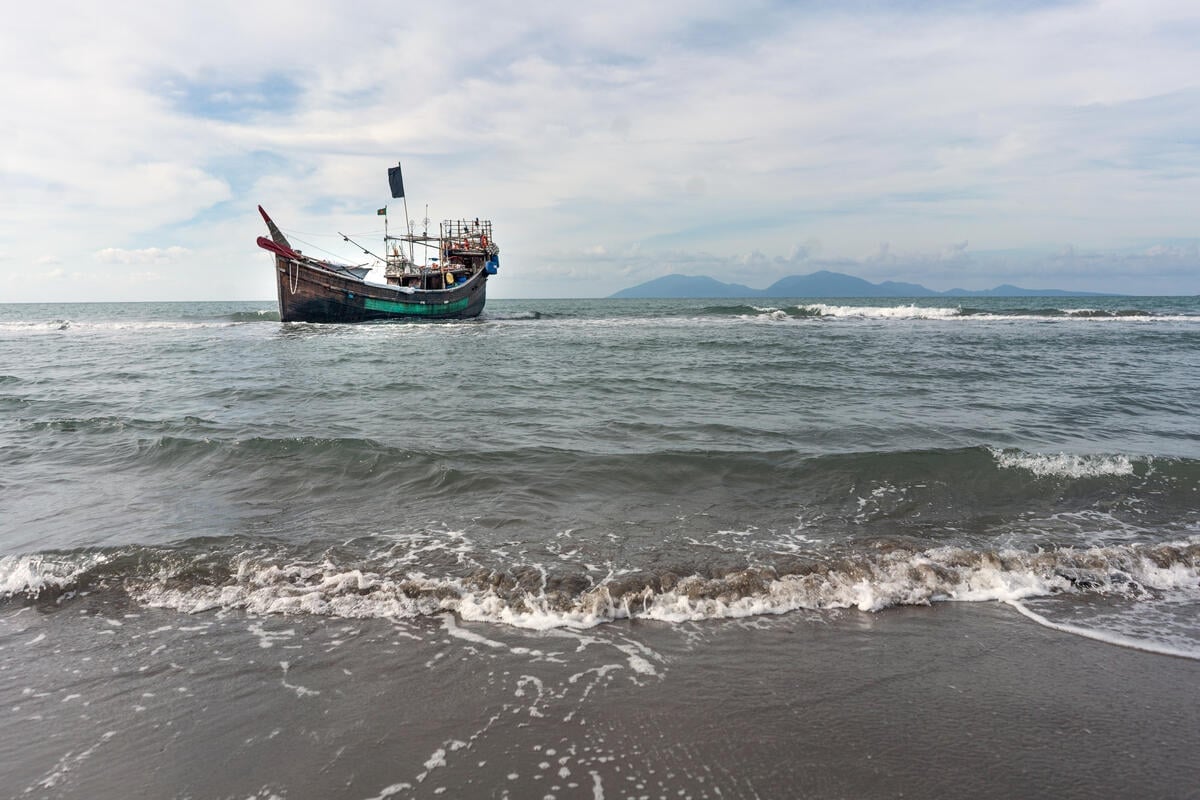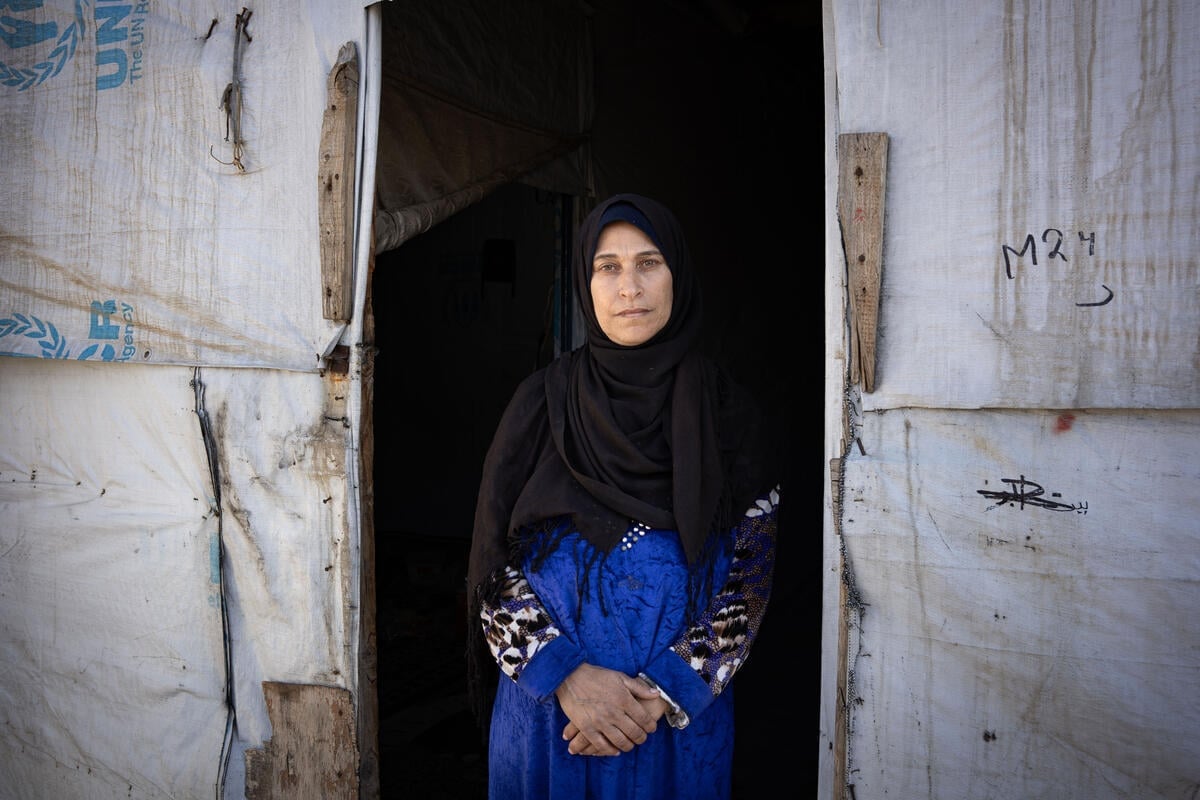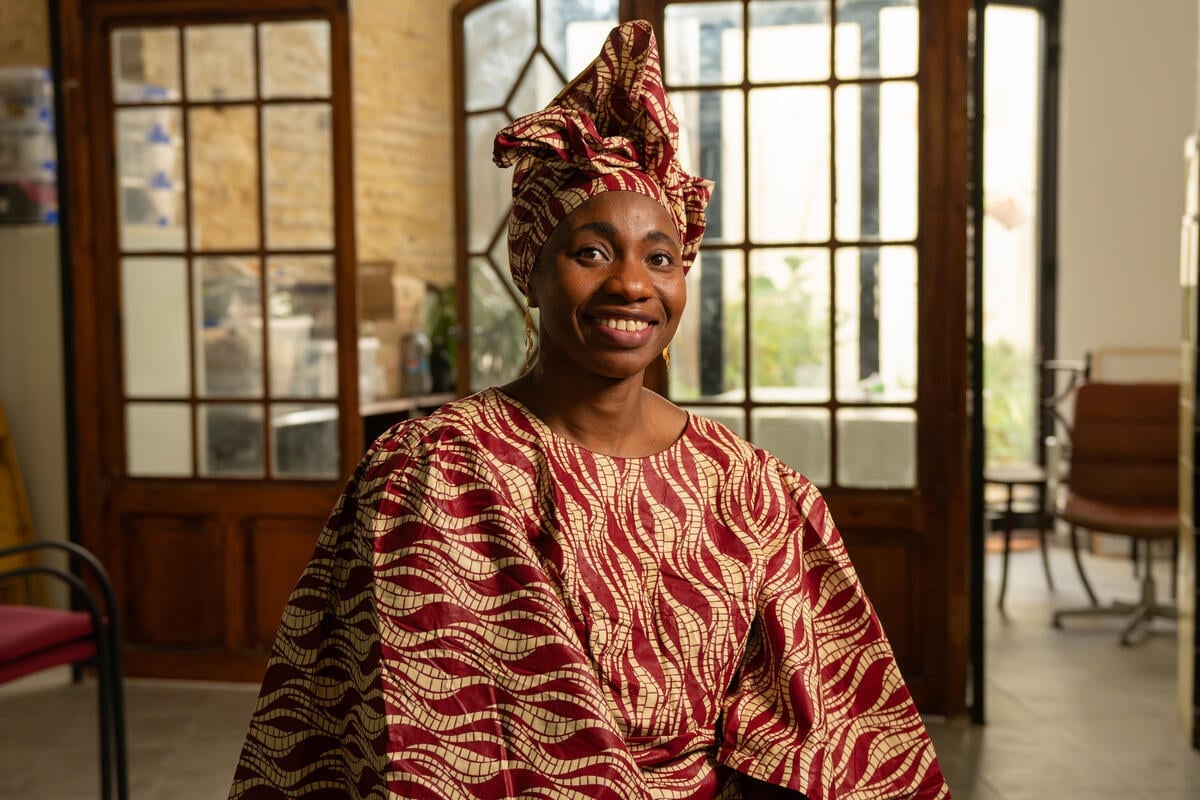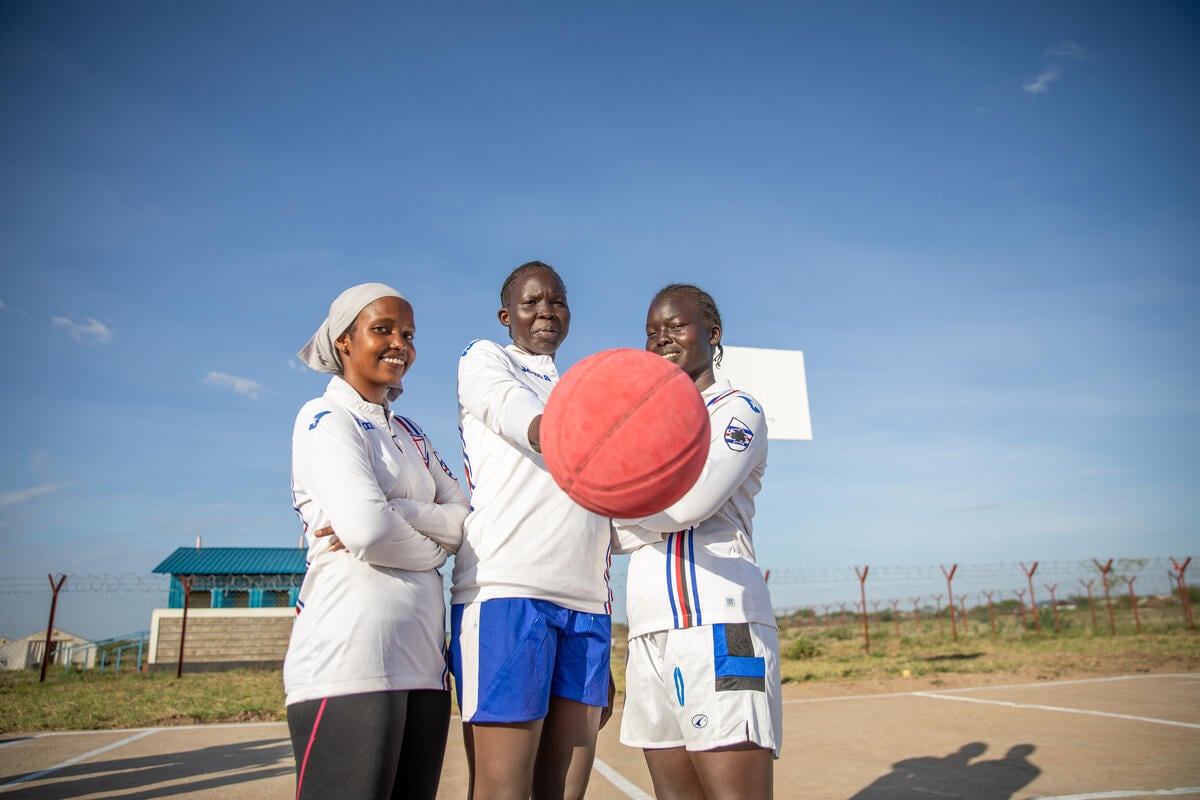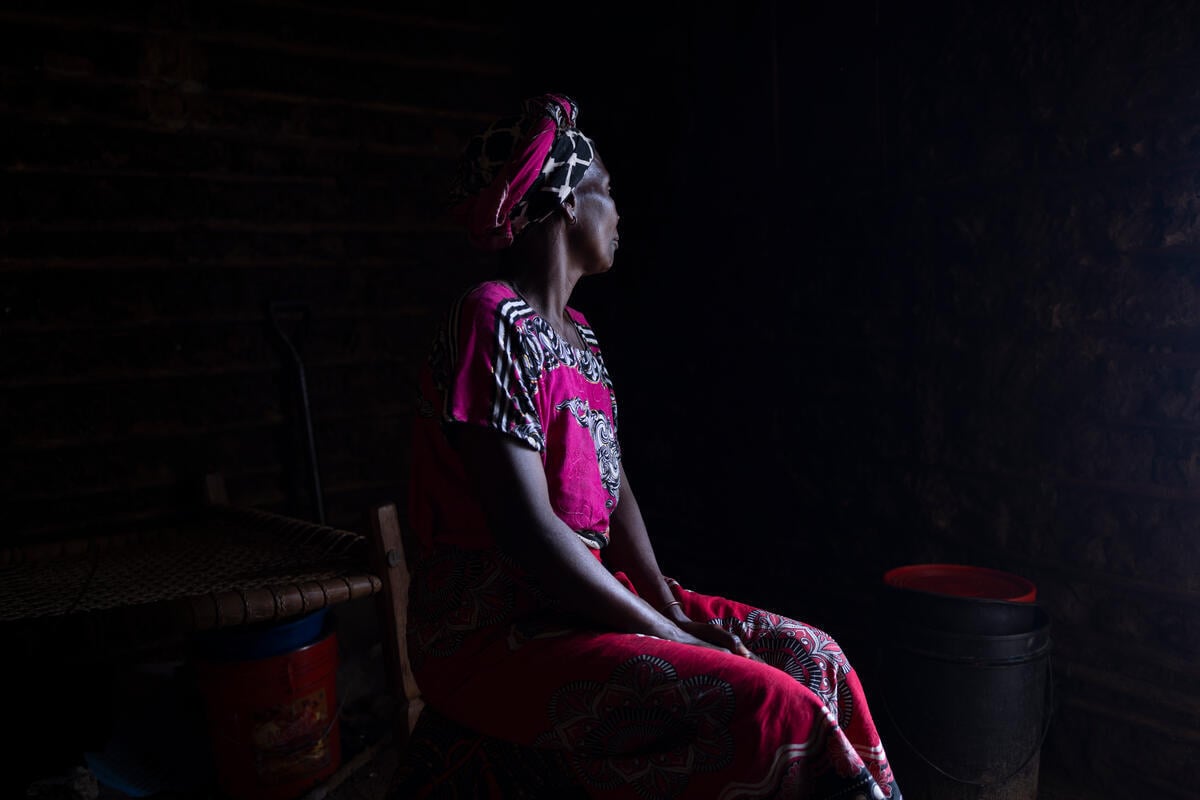"Higher education is my biggest dream, and by pursuing it, I hope to make a positive impact on my community"
"Higher education is my biggest dream, and by pursuing it, I hope to make a positive impact on my community"

First published as part of the 2023 Global Compact on Refugees Indicator Report.
Born in Bangladesh, Farhana moved to Myanmar at a young age together with her parents and eight siblings. In 2013, ongoing conflict in the country forced the family to flee as refugees. Initially, they attempted to settle back in Bangladesh, but due to limited study opportunities and the need for proper documentation, Farhana’s parents decided to go to India for a better future. "One day, my parents met a person who was helping Rohingya students in Hyderabad and decided to send me and my siblings there to continue our studies,” she said. Adapting to the residential high school was challenging, as Farhana did not speak Hindi or English. “I could not give up, as I had already lost one year of education, so I worked hard to cope,” she said. In 2019, after completing the tenth grade, she had to leave the school due to documentation issues, and only managed to take her exams in another local school thanks to the support of the school’s principal.
Farhana has always wanted to work for the Indian Police or Administrative Service but could not take the relevant exams as a Rohingya refugee. Nonetheless, Farhana kept dreaming big. When looking at other fields of study, she discovered political science. “I was fascinated by this field and felt it resonated with my passion for community work and my desire to make a difference,” she said. “My parents taught me that true heroism lies in helping those in need, and as part of the Rohingya community, I knew that there are many people who need urgent help.” With Malala as her role model, Farhana has been advocating for better education for all and has been serving as a child champion, youth leader, and Ashoka Young Changemaker, and got involved in initiatives such as YuWaah (Generation Unlimited) UNICEF.
Farhana found out about the Duolingo programme from a message on her father’s phone one day before the deadline. “I filled out the application form and submitted my application quickly; fortunately, I was among the selected students.” After being accepted as a scholar, Farhana needed to submit university applications. “I applied to six universities abroad and received four scholarships in the United States of America and one from the University of British Columbia in Canada, where I will be studying”, she shared enthusiastically.
"The application process took several months and was not easy for me,” stated Farhana. As she did not own a laptop or mobile phone, she struggled to complete the applications. She also had to improve her English and typing skills to increase her chances of receiving a scholarship. “It was only thanks to Duolingo’s support and to my mentor, Laura, that I managed to improve significantly on all these,” she underscored.
To be able to study abroad, Farhana was issued a non-immigrant visa and Single Journey Travel Document by Canada for her travel and studies. Studying abroad is incredibly meaningful for Farhana’s journey. “As a refugee, I couldn’t apply for higher education where I was living. Studying abroad is a dream come true for me but also for my family. This opportunity will change my life and future, and it will also motivate other girls in my community,” she added. In September 2023, she finally flew to Canada to start her studies.
To Farhana, there need to be more opportunities like this. “Scholarships and programmes specifically designed for refugee students can make a real difference. Simple and accessible application processes, along with mentorship, can help overcome the disproportionate challenges refugees face when looking to study abroad.”
Farhana has a clear message to other refugee students: “Be confident in your abilities and always remember that you are capable of overcoming every challenge that comes your way.”


